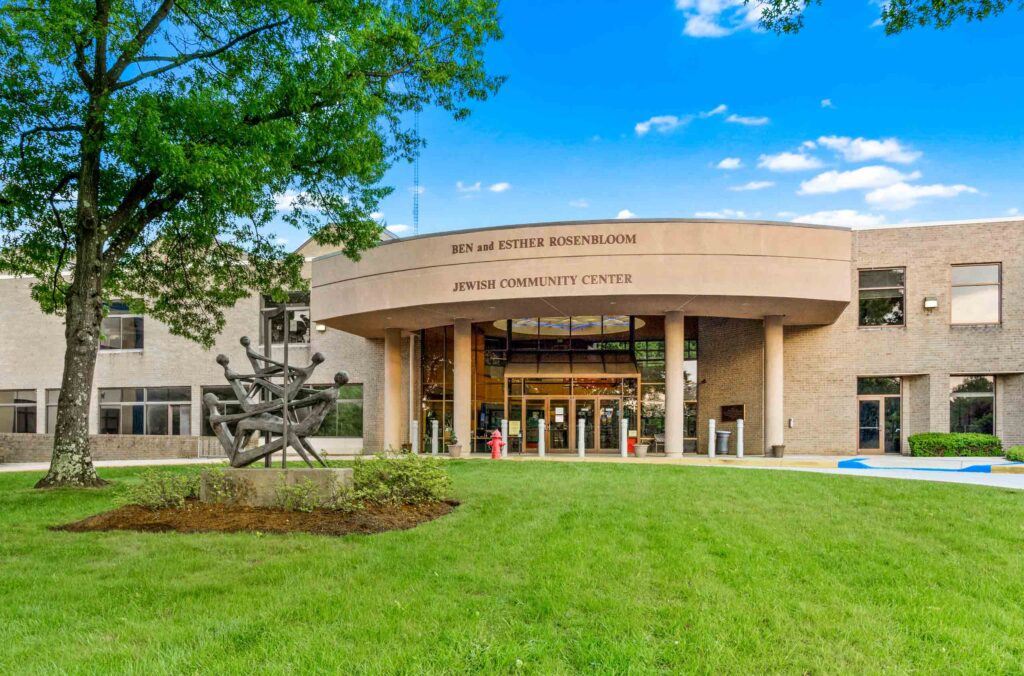Can Exercise Prevent Breast Cancer?
Amy Schwartz, Senior Director, Fitness and Wellness
October is breast cancer awareness month and I thought I’d take a look at the relationship between physical activity and breast cancer risk. Researching this, I found that there is substantial evidence that higher levels of physical activity are linked to lower risks of several cancers – including breast cancer. Physical activity includes working, exercising, performing household chores, and leisure-time activities such as walking, tennis, hiking, bicycling, and swimming.
Many studies show that physically active women have a lower risk of breast cancer than inactive women. In a 2013 analysis of 31 studies of the correlation of exercise to breast cancer risk reduction, the average reduction associated with physical activity was 12%! In contrast, a large study showed an increase in cancer mortality in people who are sedentary.
Physical activity has been associated with a reduced risk of breast cancer in both pre and postmenopausal women; however, the evidence shows the association is stronger for postmenopausal women. In addition, women who increase their physical activity after menopause may also have a lower risk of breast cancer than women who do not.
I was curious about how exercise was linked to reduced risks of cancer. What I found was that exercise has a number of biological effects on the body and some of them have been proposed to explain the risk reduction:
- Exercise lowers the levels of hormones insulin and estrogen, and also lowers certain growth factors that have been associated with cancer development and progression.
- Exercise helps to prevent obesity -f decreasing the harmful effects of obesity, particularly the development of insulin resistance.
- Exercise improves immune system function.
Physical activity is also beneficial for cancer survivors. A large study found that women who exercised moderately – that is the equivalent of walking 3 to 5 hours per week at an average pace – had approximately 40% to 50% lower risks of breast cancer recurrence, death from breast cancer, and death from any cause compared with more sedentary women. In addition, cancer survivors indicated that exercise helped improve quality-of-life issues like body image/self-esteem, emotional well-being, sexuality, sleep, anxiety, fatigue, and pain.
Many questions remain to be answered on physical activity and cancer. Ongoing clinical trials are examining physical activity and/or exercise interventions in cancer prevention, treatment, and supportive care. (From the National Cancer Institute, cancer.gov)







